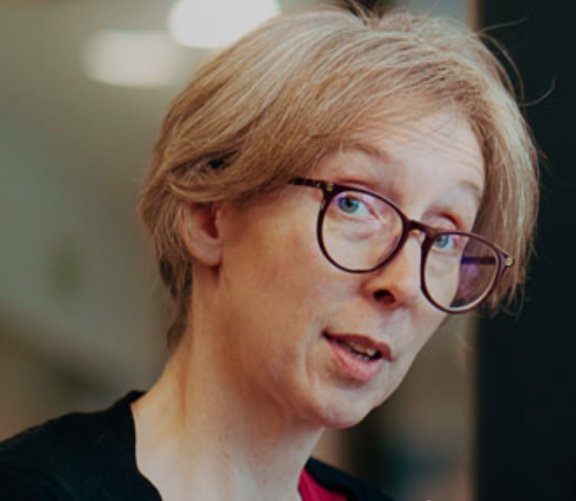
SAPC ASM 2022 Wednesday 6th July, keynote during the joint session SAPC/ASME 11.00-12.40
Presentation: Today’s doctor is a generalist: opportunities and challenges for academic practice
Health Education England declared “The future doctor is a generalist”. But it is today’s doctors who battle with the growing levels of whole person (generalist) problems – multimorbidity, treatment burden, problematic polypharmacy, persistent physical symptoms, and the list goes on... Barriers to delivering generalist care identified by my research include problems with both the evidence and education we offer to clinicians, and health services, to support the complexity of their daily knowledge work – the processes by which they make sense of illness. My work focuses on addressing those gaps. I’ll use examples from current projects (WISE GP, TAILOR, CATALYST) and others to describe the gaps, offer suggestions for “recovery and innovation”, and consider the benefits and challenges we might anticipate. I will conclude by inviting you to join me planning how we “future proof…our practical wisdom” as we work towards “recovery and innovation”
Biography
Joanne is an inner city GP and professor of primary care at Hull York Medical School, internationally known for her research and scholarship on medical generalism. She leads the national WISE GP partnership, is Chair of the SAPC Heads of Departments Group, and Director of the Academy of PC at HYMS where she also leads the flagship CATALYST programme. Her book, Medical Generalism Now, will be published by Taylor Frances in 2023.
Further details
My work tackles two of the biggest challenges facing modern health care systems. Namely, finding primary care solutions for the growing burden of chronic, complex illness; and building capacity for high quality, meaningful primary care scholarship to support the necessary changes.
The primary care approach is defined by a person-centred model of care. As a clinical academic, I lead an international collaboration to develop, implement and evaluate the provision of the individually tailored model of care that is expert generalist practice. My work is underpinned by expertise in the fields of complex interventions research, action research, and translational scholarship. As recent past Chair of the Society for Academic Primary Care, I lead work to enhance the capacity for advancing primary care through education and research; supporting quality improvement through the shared application of the skills of scholarship.
All of which is supported and sustained by my role as a non-principal GP in a busy inner city Practice in Hull.
Information for mentees
Hello!
I am Joanne – an academic GP working in Hull. I have benefited from being a mentee from early in my clinical career and in turn, enjoyed being a mentor for a number of years.
I am Professor in Primary Care Research at Hull and York Medical School (HYMS) . My research is in the area of primary care re-design based on person-centred/expert generalist principles. I have described the development of a new basic science of generalism, and now use implementation research and scholarship approaches to apply this work to tackling key challenges of today’s primary care (including multimorbidity, polypharmacy, mental health care and acute care). I work with clinical, academic and patient colleagues in the UK and internationally (including a Special Interest Group on Generalism within NAPCRG).
I have been a member of SAPC Executive since 2011 – initially as early career rep and communications lead. From 2013-2016, I was SAPC Chair. I am now co-opted on the Exec leading work on developing academic General Practice and GP Scholarship and chair of the Heads of Department group (HODs).
My own career has been an entertaining path of twists and turns. I have succeeded and failed in getting NIHR fellowships, grant funding, papers published, abstracts accepted… I have enjoyed and been challenged by development and leadership roles in local NHS, SAPC and RCGP.
I believe that we need strong academic primary care at the heart of a vibrant primary care community – scholarship leading and delivering innovation and improvement. So I’m delighted that you are developing your career in academic primary care too. And I would welcome working with you to help describe and achieve your career goals.